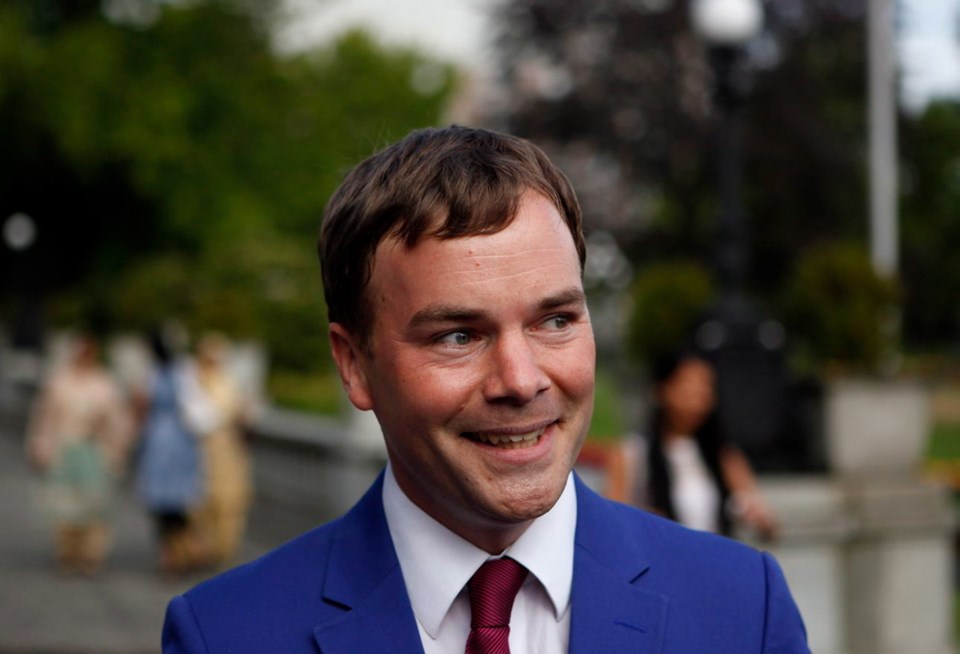Premier John Horgan has appointed a rental task force, describing it as the first step to reforming B.C.’s tenancy laws to better protect renters and landlords.
The three-person task force will spend the summer consulting with landlords, renters, interest groups and the public about the Residential Tenancy Act.
Spencer Chandra Herbert, NDP MLA for Vancouver-West End, will lead the task force, which will also include the Green Party’s Adam Olsen (Saanich North and the Islands) and New Democrat Ronna-Rae Leonard (Courtenay-Comox).
The group will review laws in other jurisdictions and consider how tenancy laws apply to different housing models.
It will be the first full review of the province’s Residential Tenancy Act in 16 years. “Our laws haven’t kept up with the changing housing market and that has left both renters and landlords vulnerable,” Horgan said in a statement.
Horgan wants to see reforms that “ensure renters have more security in their tenancy and that landlords have more confidence that the housing they’re bringing onto the rental market is also going to be safe.”
Herbert, a long-time advocate for renters, said he has heard complaints from both tenants and landlords that when they ask the Residential Tenancy Branch for help, they don’t always get it.
Victoria-based rental advocacy group Together Against Poverty Society (TAPS) wants to see rental rates tied to the unit rather than the renter to prevent landlords from jacking up the rent once someone moves out.
In B.C., landlords can increase monthly rents each year at a rate of inflation plus two per cent. In 2018, the rate was four per cent. However, when a tenancy ends, there are no restrictions on the new rent that can be charged.
Emily Rogers, the society’s tenant legal advocate, said B.C. should look to Quebec’s tenancy laws, which make it much harder for the landlord to impose rent increases between tenants.
“That would take away the incentive for landlords to evict someone in bad faith, saying a family member is moving in or they’re renovating or a variety of other tactics used to restart the tenancy,” Rogers said.
David Hutniak, chief executive officer of Landlord B.C., which represents 3,300 landlords, said many of his members are concerned about a recent report released by B.C.’s Office of the Information and Privacy Commissioner, which admonished landlords for collecting too much personal information from prospective tenants.
For example, the commissioner said landlords may not collect information from social media about prospective clients and must limit the amount of required personal information on application forms.
“The acting privacy commissioner made it more difficult for us to do proper screening,” Hutniak said. If homeowners are to feel comfortable putting their place up for rent, they need to be given the tools to find the right tenants, he said.
The province has introduced new rules, such as the controversial speculation tax, to incentivize homeowners to rent out vacant properties. It will take time, Hutniak said, to see the impact of those rules and whether the rental stock increases.
For that reason, Landlord B.C. is pressing for a wait-and-see approach rather than an overhaul of B.C.’s tenancy rules.
The task force is to make its recommendations this fall.



